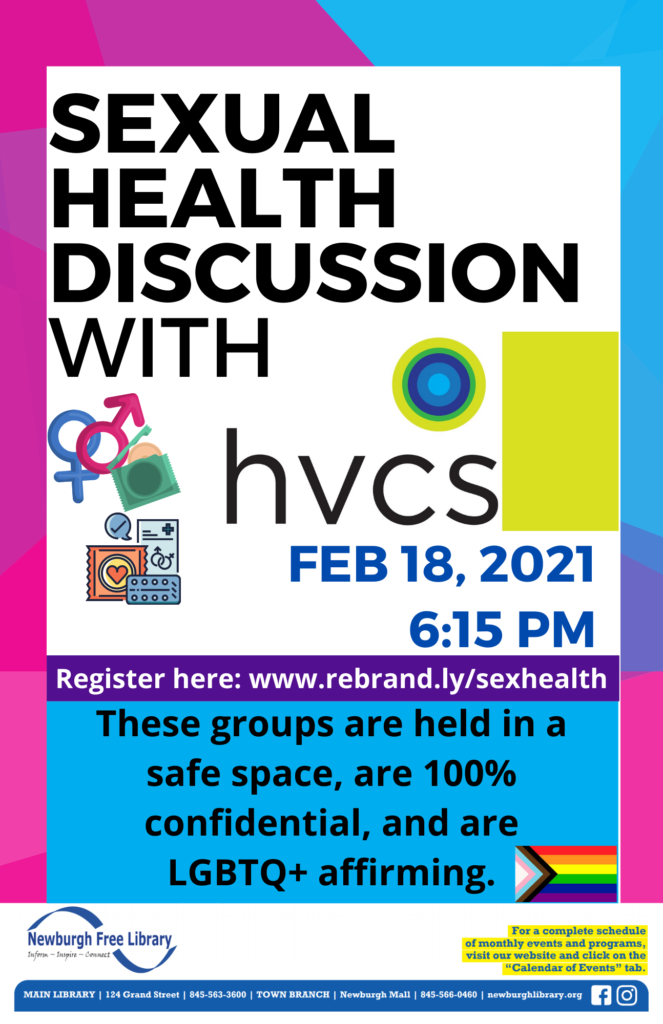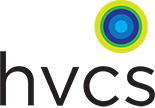We thought it important to share a letter from the New York City Department of Health and Mental Hygiene.
All New Yorkers should stay home and minimize contact with others to reduce the spread of COVID-19. But can you have sex?
Here are some tips for how to enjoy sex and to avoid spreading COVID-19.
1. Know how COVID-19 spreads.
You can get COVID-19 from a person who has it.
The virus can spread to people who are within about 6 feet of a person with COVID-19 when that person coughs or sneezes.
The virus can spread through direct contact with their saliva or mucus.
We still have a lot to learn about COVID-19 and sex.
COVID-19 has been found in feces of people who are infected with the virus.
COVID-19 has not yet been found in semen or vaginal fluid.
We know that other coronaviruses do not efficiently transmit through sex.
2. Have sex with people close to you.
You are your safest sex partner. Masturbation will not spread COVID-19, especially if you wash your hands (and any sex toys) with soap and water for at least 20 seconds before and after sex.
The next safest partner is someone you live with. Having close contact — including sex — with only a small circle of people helps prevent spreading COVID-19.
You should avoid close contact — including sex — with anyone outside your household. If you do have sex with others, have as few partners as possible.
If you usually meet your sex partners online or make a living by having sex, consider taking a break from in-person dates. Video dates, sexting or chat rooms may be options for you.
3. Take care during sex.
Kissing can easily pass COVID-19. Avoid kissing anyone who is not part of your small circle of close contacts.
Rimming (mouth on anus) might spread COVID-19. Virus in feces may enter your mouth.
Condoms and dental dams can reduce contact with saliva or feces, especially during oral or anal sex.
Washing up before and after sex is more important than ever.
Wash hands often with soap and water for at least 20 seconds.
The NYC Health Department may change recommendations as the situation evolves. 3.21.20
Wash sex toys with soap and warm water.
Disinfect keyboards and touch screens that you share with others (for video chat, for watching pornography or for anything else).
4. Skip sex if you or your partner is not feeling well.
If you or a partner may have COVID-19, avoid sex and especially kissing.
If you start to feel unwell, you may be about to develop symptoms of COVID-19, which include fever, cough, sore throat or shortness of breath.
If you or your partner has a medical condition that can lead to more severe COVID-19, you may also want to skip sex.
Medical conditions include lung disease, heart disease, diabetes, cancer or a weakened immune system (for example, having unsuppressed HIV and a low CD4 count).
5. Prevent HIV, other sexually transmitted infections (STIs) and unplanned pregnancy.
HIV: Condoms, pre-exposure prophylaxis (PrEP) and having an undetectable viral load all help prevent HIV. For more information, visit nyc.gov/health and search HIV.
Other STIs: Condoms help prevent other STIs. Visit nyc.gov/health and search STIs.
Pregnancy: Make sure you have an effective form of birth control for the coming weeks. Visit nyc.gov/health and search birth control.
For more information about COVID-19, visit nyc.gov/coronavirus.
 Talk sexual health with Hudson Valley Community Services!
Talk sexual health with Hudson Valley Community Services!
